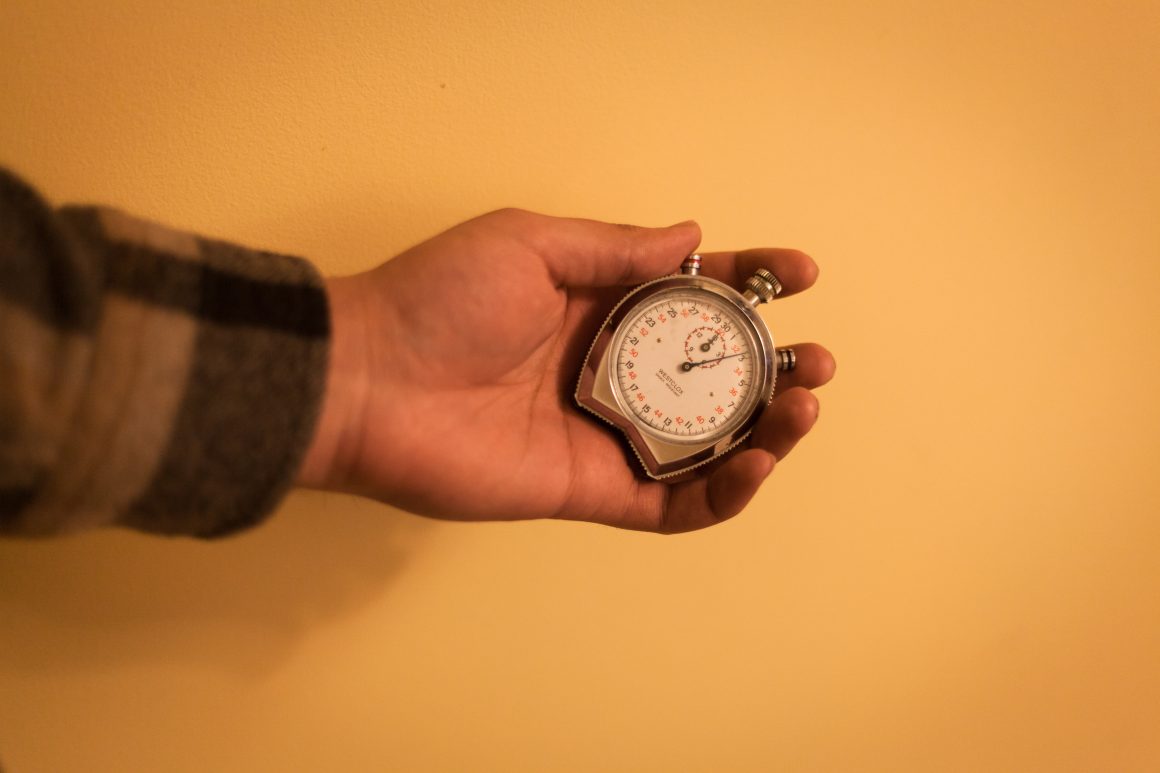
The Productivity Problem
By Ishita Moghe, April 19 2020—
We’ve all been guilty of allowing work life to creep into leisure time, to the point where we may even feel bad for enjoying our free time. This is especially applicable to students; there is no hard boundary for when you’ve studied ‘enough’, and you can always keep working on your research. There is a constant drive to add productivity to our leisure time, such as cleaning your room for a break. Earlier this year, I tried to convince myself that my hour-long commute home from university counted as my ‘break’ after class, so I should be able to start working again as soon as I got home. Why are we so afraid to waste time?
Our obsession with productivity, defined by employers as output per hour, stems from the Great Depression, after which employers were looking for the most productive workers to receive the lowest wages possible. This may explain why, even when we consciously try, breaks are viewed as a necessary waste in order to more efficiently return to our work. Ideally, we would be able to leave work at the door and restrict studying to specific times of the day.
There are endless resources available for increasing efficiency and productivity, from videos of people yelling at you to get out of bed and stop being lazy, to influencers giving tips on how to be the best ‘you’. The biggest problem with consuming this kind of content is the unrealistic expectations we set for ourselves. The people who write success books or create productivity videos tend to have a very different lifestyle than us. Waking up early enough to work out, make a smoothie bowl and meditate all before going to class just isn’t achievable or even desirable to all of us.
Moreover, we only see the most efficient, idealized versions of other people. Most people don’t share their lazy days spent in bed watching TV or their unmotivated days of staring at an assignment all day and only typing out one sentence. It happens to everyone, but we only get to see our own bad days. This leads into the idea of how we decide what our time limits are. What counts as ‘too much’ leisure time for one day? How much time is the perfect amount of studying? The issue is that most of us can roughly answer the first question, but we don’t have an answer for the second one.
We equate our productivity with our self-worth and feelings of fulfillment and identity. We take it personally when we’re unable to meet our productivity goals, and similarly judge and are judged by others based on our work. Some of us even begin to enjoy the stress of deadlines and exams, feeling uncomfortable or unhappy in calmer environments. It’s important to remind yourself that movement does not mean progress. The thing is, we can use productivity to do things that make us happy too.
Creating extravagant schedules of your time and being bound to a to-do list are seen as ways to be an efficient worker, but they also cause guilt when you waste time. I think the most achievable solution to our productivity obsession is to use to maintain our mental and physical health as well. You’ve probably heard the old adage “Time you enjoy wasting is not wasted time.” Being productive is something that we all strive for and is expected of us from our employers, our professors and ourselves. But being productive should not be inherently tied to our self-worth, at least not with the traditional definition of output per day. Productivity is something that we should define on our own terms, based on our circumstances and priorities. For many people, having a schedule of things to do helps create a structure and stability that eases anxiety. I think that if we are able to add personal content to our definition of productivity, we’ll be able to do more things we enjoy and continue to perform well in our work.
This article is part of our Opinions section and does not necessarily reflect the views of the Gauntlet’s editorial board.
